Electrodes
-
In Stock
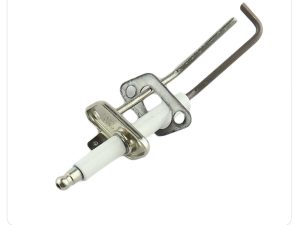
Baxi / Potterton Boiler Ignition Electrode 720767301 720222801 was 5114702
£18.21 – £37.63 Select Options This product has multiple variants. The options may be chosen on the product page -
Out of Stock
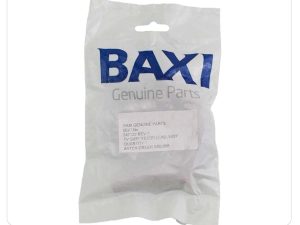
Baxi Combi Electrode Lead Original 247132
£22.21 Exc. VAT £18.51 Add to cart -
In Stock
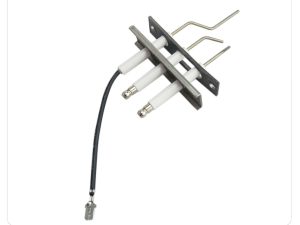
Baxi Combi Instant Boiler Ignition & Ionisation Electrode Kit 5130293
£36.96 Exc. VAT £30.80 Add to cart -
In Stock
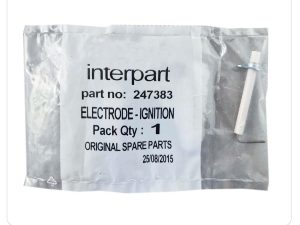
Baxi Combi Maxflow Combi Fs Ignition Electrode 247383
£17.65 Exc. VAT £14.71 Add to cart -
In Stock
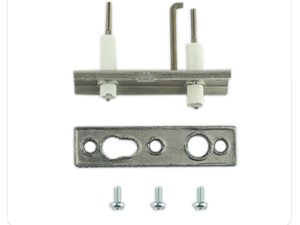
Baxi Main Potterton Boiler Electrode Kit 5110992
£41.13 – £66.00 Select Options This product has multiple variants. The options may be chosen on the product page -
In Stock
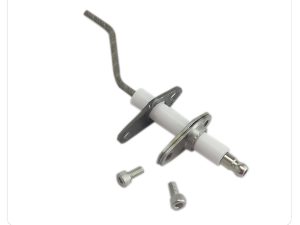
Baxi Platinum He A Ionisation Electrode Kit 720222901 5114703
£19.54 Exc. VAT £16.28 Add to cart -
In Stock
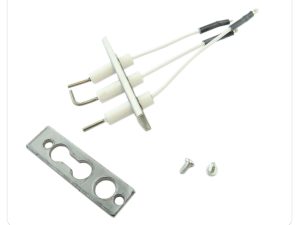
Baxi Potterton Boiler Electrode Kit 5132366
£30.80 – £43.56 Select Options This product has multiple variants. The options may be chosen on the product page -
In Stock
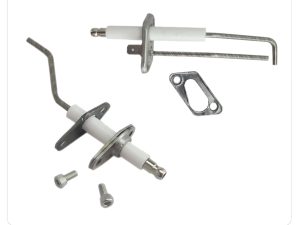
Baxi Potterton Ignition Electrode Kit 720222901 5114703 5114702 720222801 720767301
£29.00 Exc. VAT £24.17 Add to cart -
In Stock
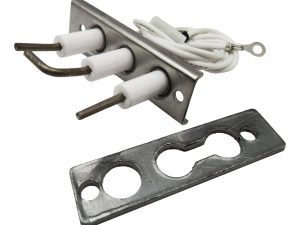
Baxi Potterton Main Electrode Kit With Lead 5132097
£21.73 – £63.52 Select Options This product has multiple variants. The options may be chosen on the product page -
Out of Stock
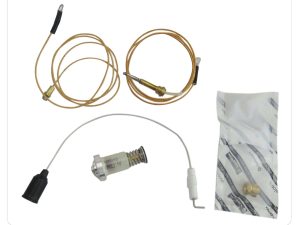
Chaffoteaux Britony Electrode Lead 60081163
£30.00 Exc. VAT £25.00 Add to cart -
Out of Stock
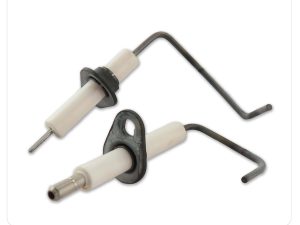
Ferroli Boiler Ignition Electrode 39807470 was 806258
£10.20 Exc. VAT £8.50 Add to cart -
Out of Stock
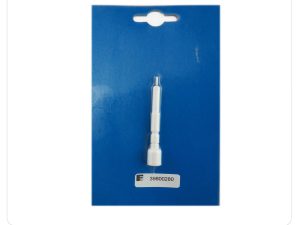
Ferroli Combi Hawk Optioma Boiler Ignition Electrode 39800280
£11.40 Exc. VAT £9.50 Add to cart
